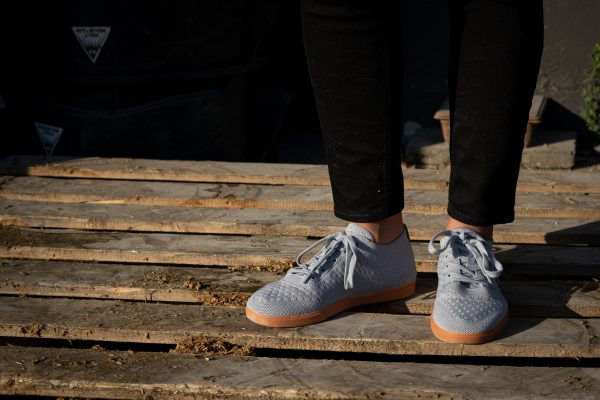If you have an ingrown toenail or have dealt with one in the past, you probably know they can cause a lot of discomfort.
But, fortunately, understanding what causes ingrown toenails can reduce the chances of problems in the future.
By recognizing the causes, taking preventative steps, and seeing your doctor if you develop an ingrown toenail, you can keep your feet feeling healthier for the long term.
Causes of Ingrown Toenails
If you’re wondering why ingrown nails happen to you, you’re not alone. Here are the main culprits:
- Cutting toenails incorrectly. It’s very important to cut your toenails straight across. When you angle the sides, you can actually encourage the nail to grow into the skin. It’s tempting to cut your nails in an angled or curved shape, to match your toe, but you’re risking ingrown nails if you do.
- Not trimming your toenails often enough. If you let your toenails get too long, they could grow over and curl around the toe, trapping bacteria and toe jam and leading to infection. Or, they could break off irregularly, resulting in the ingrown toenail.
- Wearing the wrong footwear. Your toes need to be able to breathe, and shouldn’t be constricted or have a lot of pressure on them. When you wear socks, stockings, and shoes that are too tight, or shoes that are too flat, narrow or crowd your toebox, you can increase the pressure on your big toes and put yourself at higher risk of ingrown toenails.
- Toenail injury. Ingrown toenails can be caused by stubbing your toe, kicking a ball repeatedly, or even dropping something heavy on your foot that causes injury to the nail. Avid runners, in particular, often experience ingrown toenails.

- Poor posture. While it might be surprising, poor posture can also lead to ingrown toenail problems. Standing up straight with your weight on the balls of your feet is better for your toes and can keep them healthier.
- Improper hygiene. Keeping your feet clean and dry is important for good foot health, and that includes helping to protect you from ingrown toenails. When you don’t take good care of your feet, you can end up with toenails that get thicker and try to curl, which can cause them to become ingrown more easily.
- Irregular, curved toenails. Some people simply have toenails that have more of a curve to them, instead of being flatter across the top. If you have toenails like this, you’ll need to be more careful that they don’t become ingrown because of their natural shape.
- Genetic predisposition. Some people are simply more genetically inclined to have ingrown toenails. If you have a family history of this condition, it’s important to pay extra attention to your feet, to catch problems before they start.
Preventing Ingrown Toenails
Preventing ingrown toenails is the best option, of course, but it’s not always possible, despite taking care of your nails. Here are the main ways to prevent your toenails from getting ingrown:
- Trim your toenails properly. Your toenails should always be cut straight across. Don’t curve the edges in or cut at an angle— as it makes it easier for the sides and corners to become ingrown.
- Don’t cut your toenails too short. When you cut your nails very short, they’re more likely to become ingrown in the corners as they try to grow out. Leaving them a little bit longer reduces that risk. Properly cutting toenails is especially important for diabetics, who may not feel the pain of trimming a nail too short.
- Wear footwear that fits correctly. Choose shoes, tights, and socks that fit properly, and that aren’t too tight. If you wear something that doesn’t fit your feet, you could develop ingrown toenails over time. Here are tips straight from our podiatrists here at Foot & Ankle Group for shopping for the right fitted shoes.

- Wear the right footwear for the job. If you’re working in hazardous conditions, make sure you’re wearing steel-toe boots. That way you won’t risk damage to the nail if you drop something heavy on your foot or are bumping your feet into things frequently.
- Know when to seek help. If you have toenails that are abnormally thick or curved, you may need surgery to prevent ingrown toenails. Your doctor can help you decide if that would be the best option for your particular case.
When to See a Doctor
Sometimes, getting an ingrown toenail is inevitable. They can happen to anyone, even if they’re taking good care of their feet.
Ingrown toenails also often come back after initial at-home treatment, which is why many finally seek professional help.
If you need Ingrown Nail Treatment, we’re the people to contact.
Give us a call at 239-936-5400, today!
Categorized in: Blog
Comments are closed